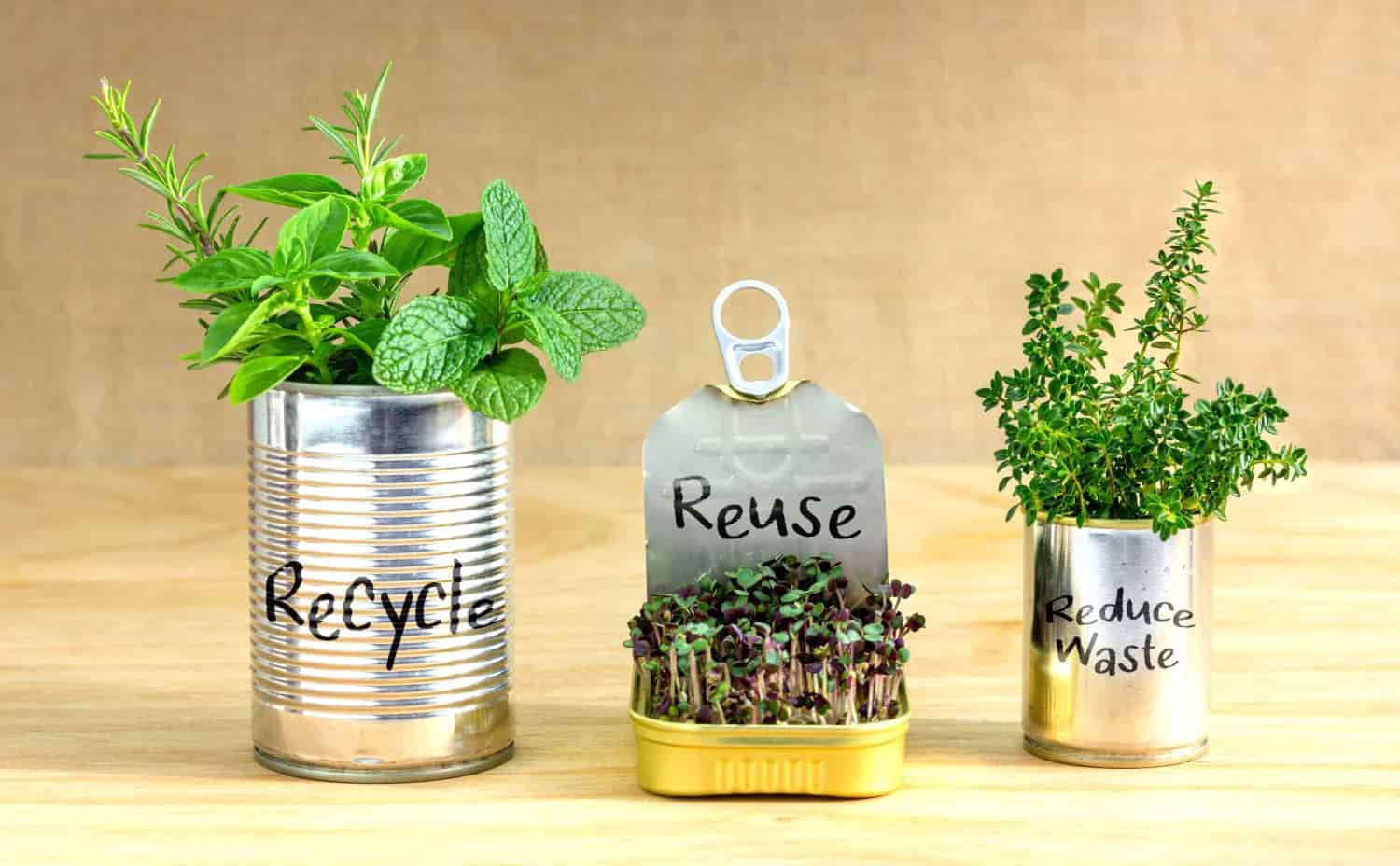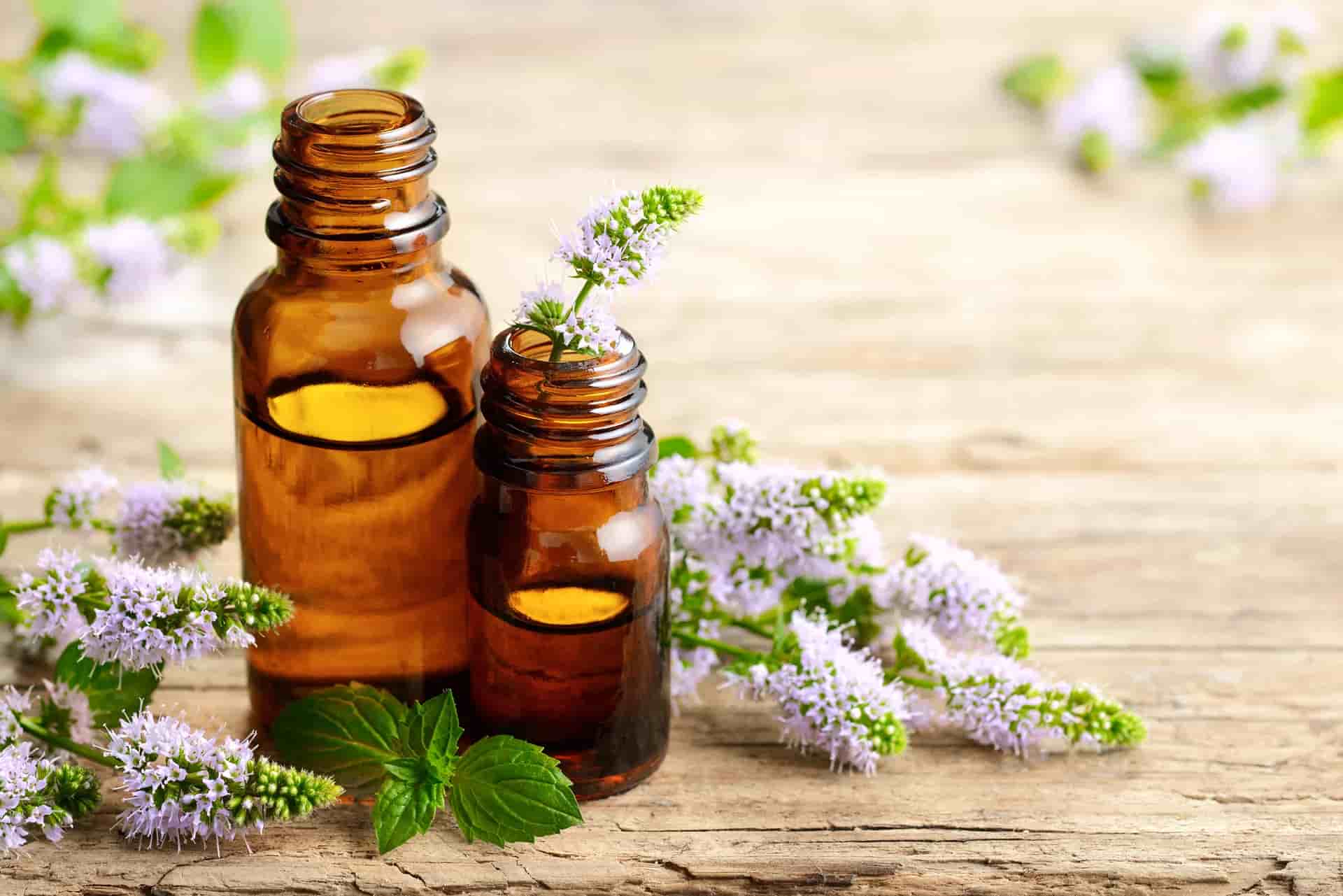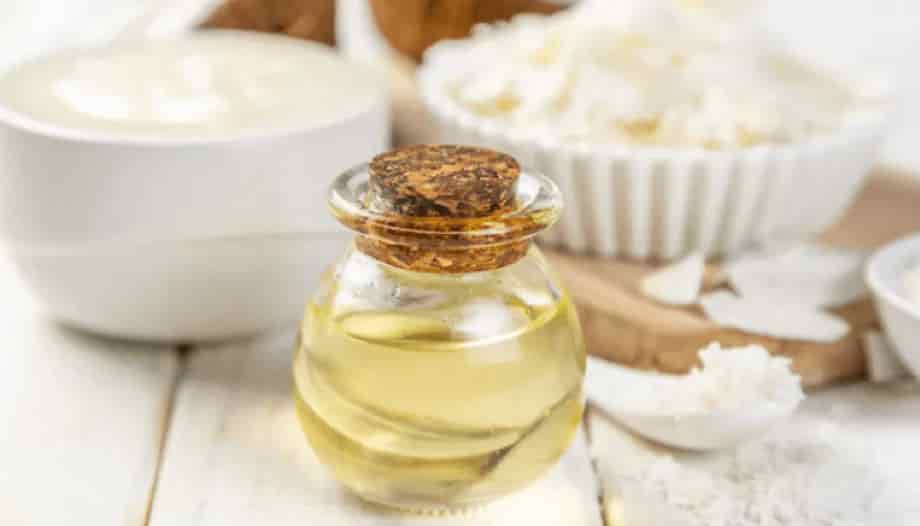Glycerin, also known as glycerine or glycerol, is a sugar alcohol, with a backbone of 3 carbons, 5 hydrogens and 3 alcohol groups. The word glycerine comes from the Greek word glukeros, meaning sweet. And indeed, glycerin, being a sugar alcohol, has a mild to moderately sweet taste. It is well absorbed in the small intestine with likely very little making its way to the large intestine.
Because of this, it is not considered to be a FODMAP (fermentable oligo-, di-, monosaccharides and polyols). While glycerin can come from vegetable, animal or synthetic origin, most of the glycerin used in the nutraceutical industry comes from a vegetable source, in fact from vegetable oils, typically as a byproduct of the soap and biodiesel manufacturing process. Most commonly it is derived from palm oil, coconut oil, soybean oil, or corn oil.
Glycerin may be used as a thickening agent, humectant (wetting agent), solvent or sweetener but it also has emulsifying properties and the ability to help hold things in suspension in a liquid. This property, along with its sweetness, lends itself well to making liquid herbal extractions.
Glycerin used as a food additive is Generally Recognized as Safe (GRAS) by the FDA. WishGarden utilizes glycerin in all of our tinctures which improves the flavor, allows us to lower our overall residual alcohol, and keeps all those beneficial compounds held nicely together so they can be delivered to the body.
Sustainable Glycerin In Our Products
Here at WishGarden Herbs, we use sustainably sourced, palm oil-based vegetable glycerin from a producer in South America. Unfortunately, in most conventional palm oil production, there is significant environmental destruction, species habitat loss and social injustice. We've partnered with a palm oil company that is a member of the RSPO and Rainforest Alliance certified.
The Roundtable for Sustainable Palm Oil (RSPO) is a non-profit that unites stakeholders from 7 sections of the palm industry. The RSPO has developed a set of environmental and social criteria which companies must comply with in order to produce Certified Sustainable Palm Oil (CSPO). When they are properly applied, these criteria can help to minimize the negative impact of palm oil cultivation on the environment and communities in palm oil-producing regions.
The RSPO has more than 4,000 members worldwide who represent links all along the palm oil supply chain. They have committed to produce, source and/or use sustainable palm oil certified by the RSPO.
The company we source our palm glycerin from supports their farmers and their communities, ensuring fair wages and fair trade. They also have high standards for environmental protection, only planting on previously deforested land and never clearing land to plant and they maintain a zero-carbon footprint.
For educational purposes only. This information has not been evaluated by the Food and Drug Administration. This information is not intended to diagnose, treat, cure, or prevent any disease, or to sell any product.
Recommended Products
Further Reading















